In December 2012, Kurzweil was hired by Google in a full-time position to "work on new projects involving machine learning and language processing". He was personally hired by Google co-founder Larry Page. Larry Page and Kurzweil agreed on a one-sentence job description: "to bring natural language understanding to Google".
Get Started for FREE
Sign up with Facebook Sign up with X
I don't have a Facebook or a X account
 Your new post is loading... Your new post is loading...

Farid Mheir's curator insight,
January 16, 2017 9:18 AM
Perfect Sunday morning reading which is guaranteed to make you reflect and ponder for the next weeks. The article is a typical New Yorker one, very well researched and written. So captivating that it got me to start reading the book which appears to be as captivating and surprisingly easy to read and understand. I love those finds and have the feeling this book will be the best complement to "Singularity is Near" and "On Intelligence" that I wrote about in the past.
- book "singularity is near": http://fmcs.digital/blog/singularity-is-near-an-essential-read-to-understand-why-technology-evolves-so-fast/ - book "on intelligence": http://fmcs.digital/blog/on-intelligence-mustread-to-understand-frontal-cortex-architecture-what-makes-us-intelligent/ - article "Why the future does not need us": http://fmcs.digital/blog/why-the-future-doesnt-need-us-a-reminder-that-ai-may-have-a-bad-side-via-wired/ - related posts: http://www.scoop.it/t/digital-transformation-of-businesses/?tag=Singularity+is+Near

Farid Mheir's curator insight,
January 14, 2017 2:17 PM
Perfect Sunday morning reading which is guaranteed to make you reflect and ponder for the next weeks. The article is a typical New Yorker one, very well researched and written. So captivating that it got me to start reading the book which appears to be as captivating and surprisingly easy to read and understand. I love those finds and have the feeling this book will be the best complement to "Singularity is Near" and "On Intelligence" that I wrote about in the past.
- book "singularity is near": http://fmcs.digital/blog/singularity-is-near-an-essential-read-to-understand-why-technology-evolves-so-fast/ - book "on intelligence": http://fmcs.digital/blog/on-intelligence-mustread-to-understand-frontal-cortex-architecture-what-makes-us-intelligent/ - article "Why the future does not need us": http://fmcs.digital/blog/why-the-future-doesnt-need-us-a-reminder-that-ai-may-have-a-bad-side-via-wired/ - related posts: http://www.scoop.it/t/digital-transformation-of-businesses/?tag=Singularity+is+Near

Farid Mheir's curator insight,
January 14, 2017 2:03 PM
A very high-level introduction and review of the work that led to Grok, a new service that will be demonstrated in 2 days at the Amazon re:invent conference. For those like me that were impressed with the book "On Intelligence" and are fans of the theory behind "Singularity is near", then this feels like another small but major step in the direction of intelligent machines.

Farid Mheir's curator insight,
November 9, 2013 12:25 PM
A very high level introduction and review of the work that led to Grok, a new service that will be demonstrated in 2 days at the Amazon re:invent conference. For those like me that were impressed with the book "On Intelligence" and are fans of the theory behind "Singularity is near", then this feels like another small but major step in the direction of intelligent machines. |

Curated by Farid Mheir
Get every post weekly in your inbox by registering here: http://fmcs.digital/newsletter-signup/
|





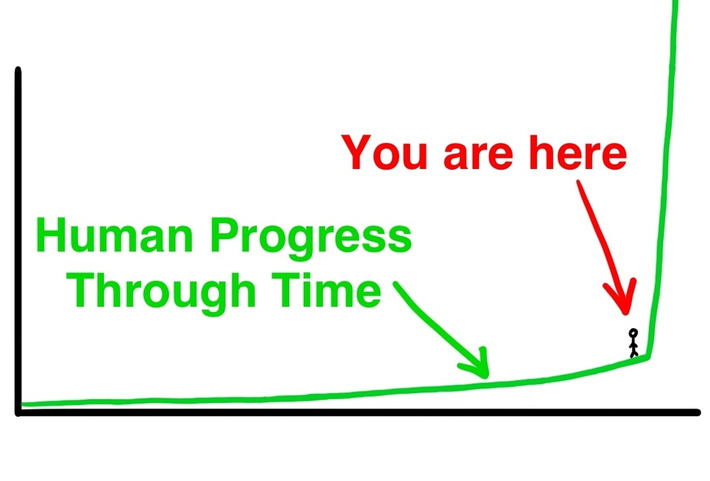
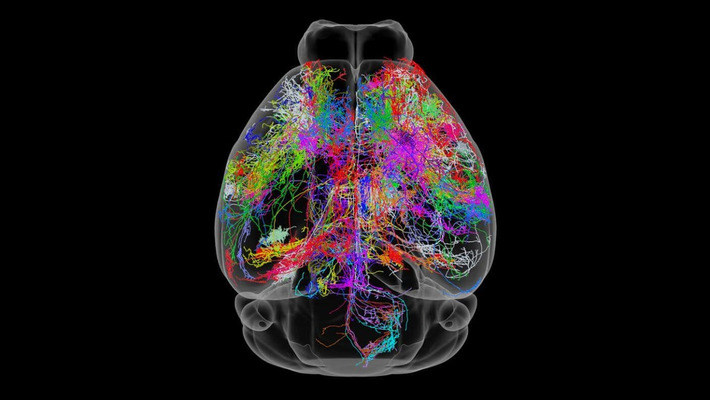
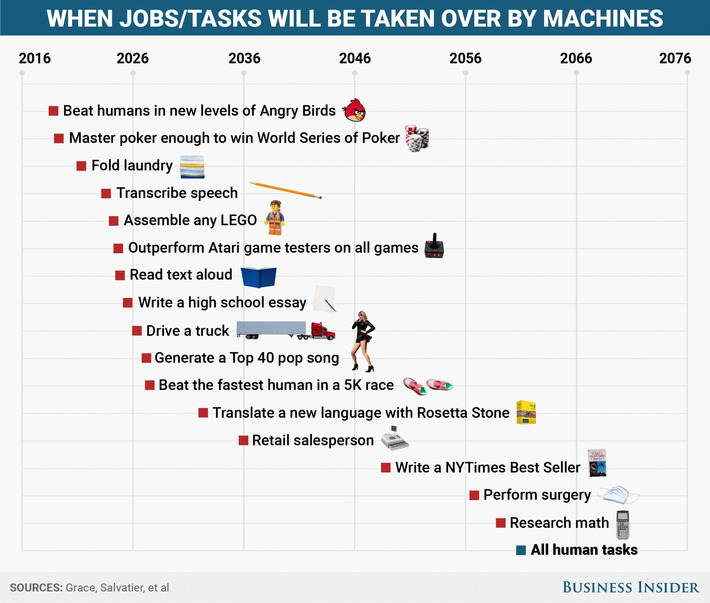
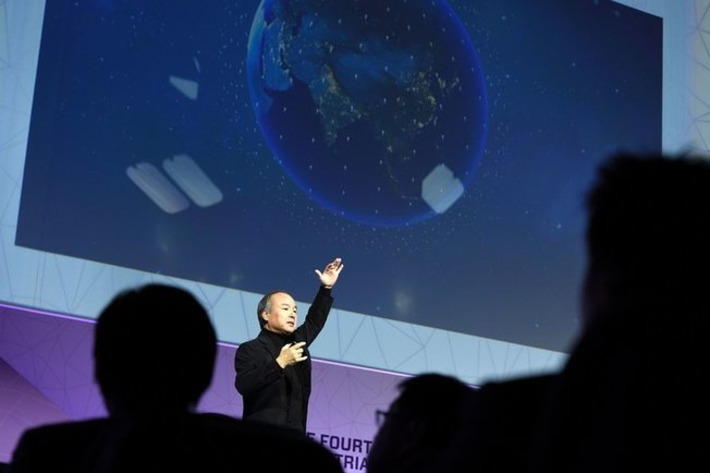

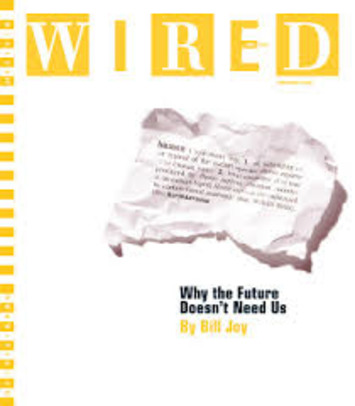

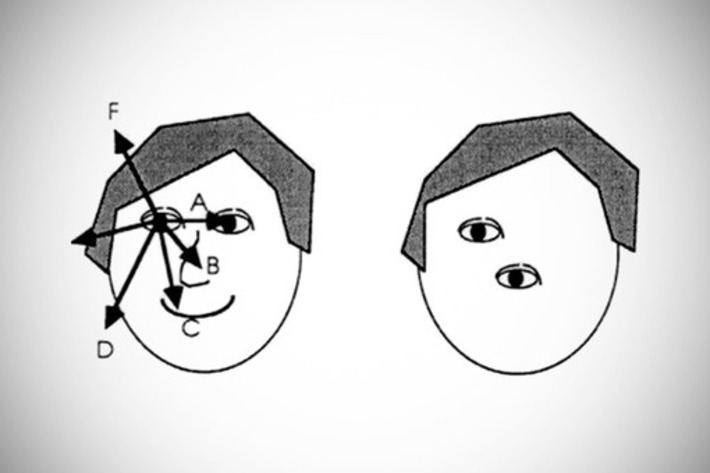
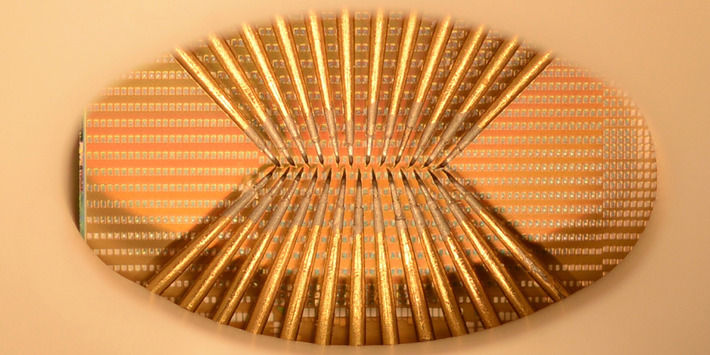









WHY IT MATTERS: a great talk from one of the great minds in AI and technology in general. Moreover he provides an optimistic viewpoint on AI and the changes that are coming in the next few years. And remember, when you reach 1% of the final goal, you are only 7 years from 100%, assuming doubling every year or so. This is what exponential growth means.